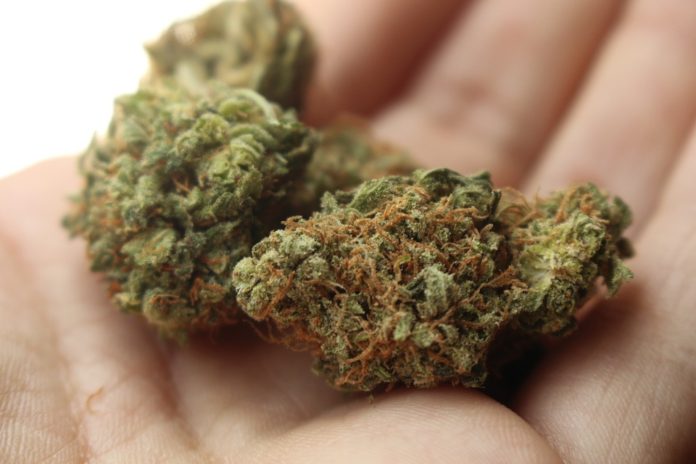Amid the ongoing overdose epidemic in North America, another study is underway that aims to determine if cannabis can be a replacement for opioids when it comes to pain management.
Last week, we told you about Tetra Bio-Pharma launching a clinical trial that aims to find out if cannabis can treat pain as well as fentanyl.
Northern Green Canada Inc. is conducting a similar study, dubbed Cannabis For Opioid Substitution Trial (COST).
The company has commissioned Cannabis Research Associates to conduct the research, in co-operation with their R&D subsidiary company Northern Green Sciences (NGS).
Northern Green Canada’s multi-phase study has been approved by the Canadian Research Ethics Board to define common strains of cannabis for patients to use as a replacement for opioids.
“As the world addresses the opioid epidemic, the need to develop safe, efficacious, non-opioid alternatives to approach pain management has become increasingly urgent,” said Dr. Todd Slesinger, MD, FACEP, FCCM, FCCP, and NGS Advisory Board member.
“NGS has already showed its commitment to rigorous trials in this field including its support of the COST trial. At NGS, we are dedicated to finding a way to tackle these serious problems through cannabinoid research and medication formulation.”
The initial phase of the study is nearing completion and scheduled to transition into clinical trials in the coming months.
According to Dr. Price MD, FRCPC, “the type of commitment NGC has made towards high caliber research initiatives couldn’t be more timely and is an extraordinary display of their belief in social responsibility.”
NGS designs and develops studies of cannabis and related phyto-cannabinoids for medical use in patients who have serious conditions for which preclinical, anecdotal, or controlled evidence suggests possible efficacy, and the application of such results to the understanding and treatment of disease.
Continued research in this field has been limited in North America due to a lack of funding or previous restrictions on research.
Because there are many strains of cannabis with varying concentrations and proportions of cannabidiol (CBD) and tetrahydrocannabinol (THC) as well as phytochemicals like terpenes, “it is imperative to understand how cannabinoids work alone and in specific formulations, which is a promising pursuit to identify therapeutic alternatives to opioids,” a release notes, adding that “the ultimate goal is to reduce harm and improve an individual’s overall well-being and quality of life.”
NGC Medical Director, Dr. Hamed Hashemi, said “with promising preliminary evidence, we are conducting studies to evaluate the long-term efficacy of new medication. And we will continue to work towards the development of evidenced-based therapeutic options as safe alternatives for pain management.”
More than $3 billion was spent treating the opioid crisis across North American in 2016. The Government of Canada has pledged $150 million dollars over ten years to address the emergency.



















